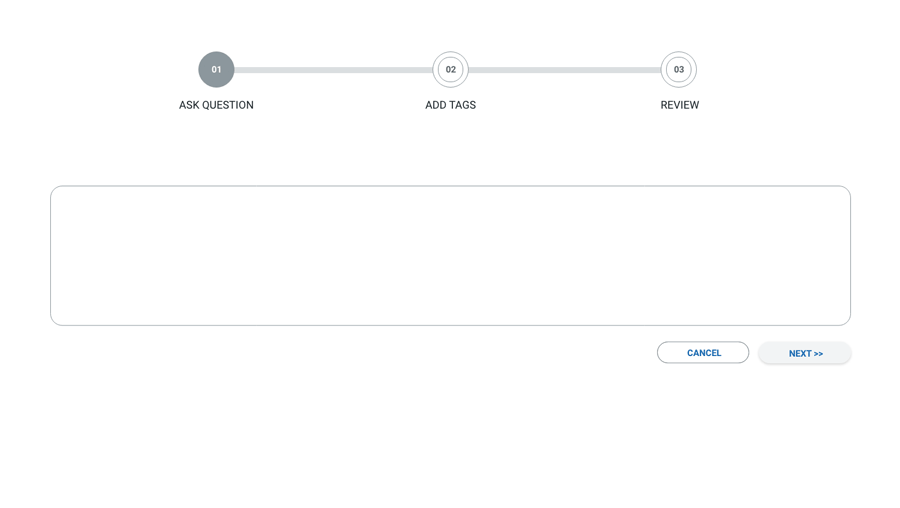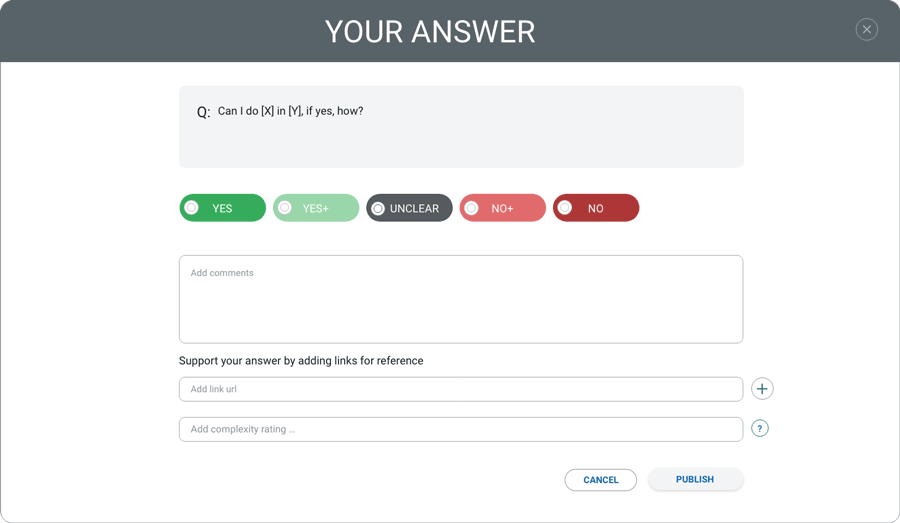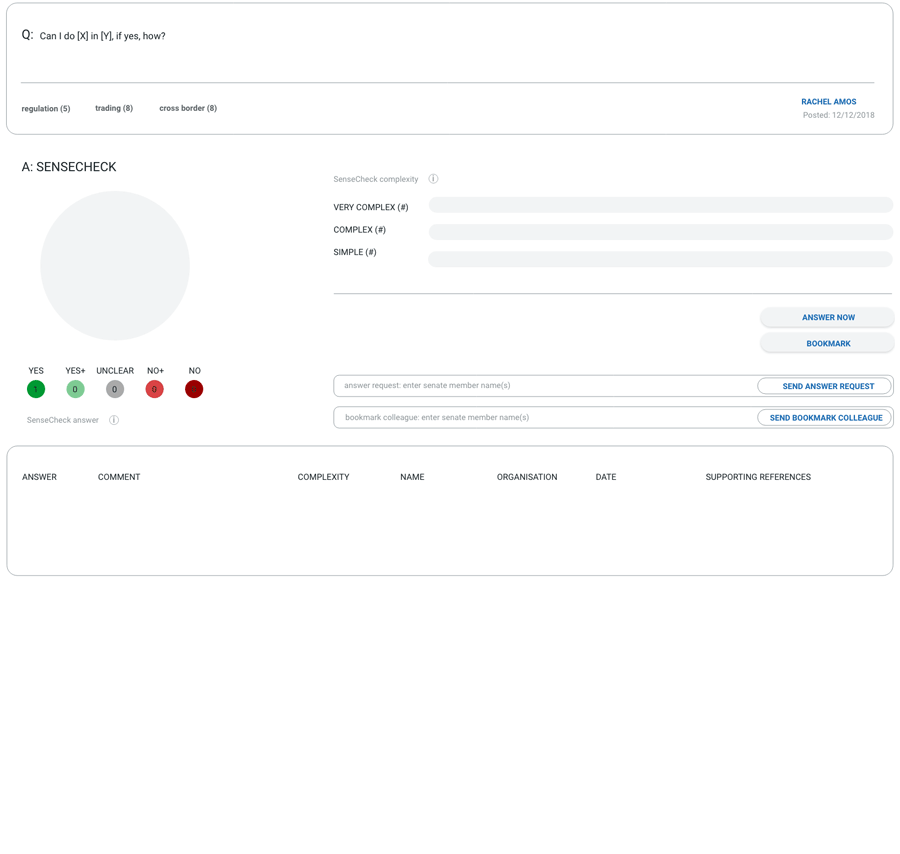Does a trustee have discretion to waive or authorise breaches?
A: SenseCheck

- 1 Yes
- 0 No
- 0 Other
- 08 May 2024
-
Yes
|
Simple
This is the answer from the Stephenson Harwood book:
4.4.1 Introduction
In addition to the trustee's discretion to agree modifications (discussed under Section 4.3 ('Discretion to agree modifications')), the trustee has a separate discretion to waive breaches of the trust deed and the terms and conditions of the bonds, to authorise proposed breaches and to determine that a potential event of default or event of default will not be treated as such. In the interests of brevity, we refer to this discretion in this section as the 'waiver discretion'. An event of default is not in itself a breach of covenant. It is an event the occurrence of which entitles the trustee to accelerate amounts payable under, or in relation to, the bonds. Therefore, references to the waiver of a breach will not necessarily capture events of default. Consequently, the waiver discretion should also enable the trustee to determine that an event of default or potential event of default does not take effect as such for the purposes of the trust deed or the terms and conditions of the bonds. The waiver discretion can be exercised by the trustee without the consent or sanction of the bondholders provided that it is exercised in line with the provisions of the trust deed. There will usually be certain conditions attached to its exercise. For example:• The waiver discretion will ordinarily be dependant on the bond trustee forming an opinion that the interests of the bondholders will not be materially prejudiced by the waiver or authorisation. It is probably reasonable to assume that, as is the case when a trustee exercises discretion to agree modification, the determination of no material prejudice requires the trustee to consider potential as well as actual prejudice. The other issues raised in the section titled 'When can a trustee determine that a modification is "not materially prejudicial to the interests of the bondholders?"' on p 44 will also be relevant here.
• It will usually be provided that the trustee cannot exercise the waiver discretion in contravention of any express direction given to it by bondholders by way of extraordinary resolution or any direction to accelerate the bonds given to it by the relevant holders under the event of default Condition of the bonds. This provision will, however, typically also state that any such bondholder direction will not affect waiver or authorisation which may have previously been given by trustee.
• Any such waiver granted, or authorisation given, by the trustee should ordinarily, be expressed as being without prejudice to any subsequent breaches or specified defaults under relevant agreements.
4.4.2 Practical Considerations
Many of the practical considerations we have suggested for a trustee when considering exercising its discretion to agree modifications will apply equally when a trustee is considering exercising the waiver discretion.
Those are set out in the question >Does a Trustee have discretion to agree modifications?




|
Comment